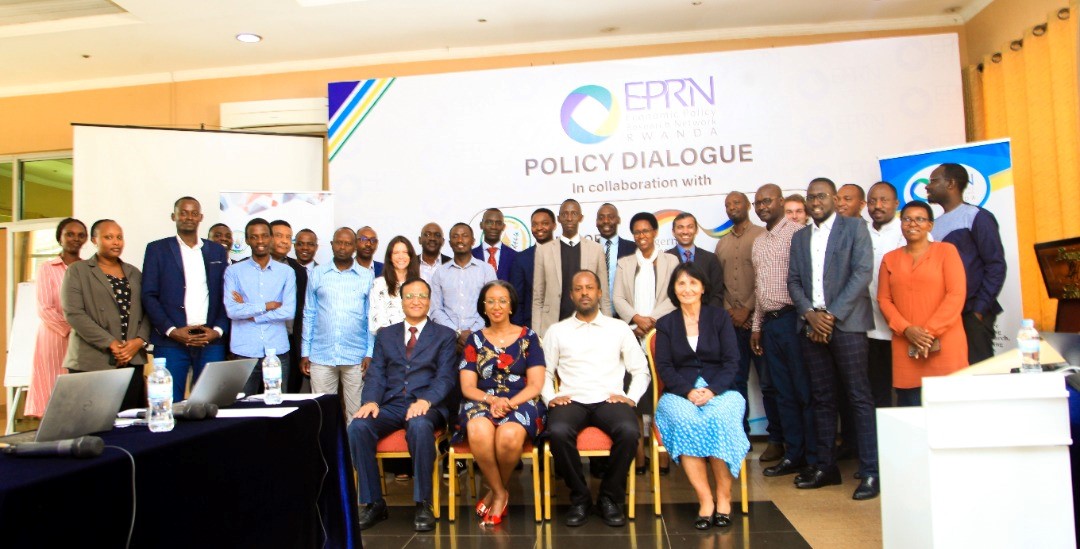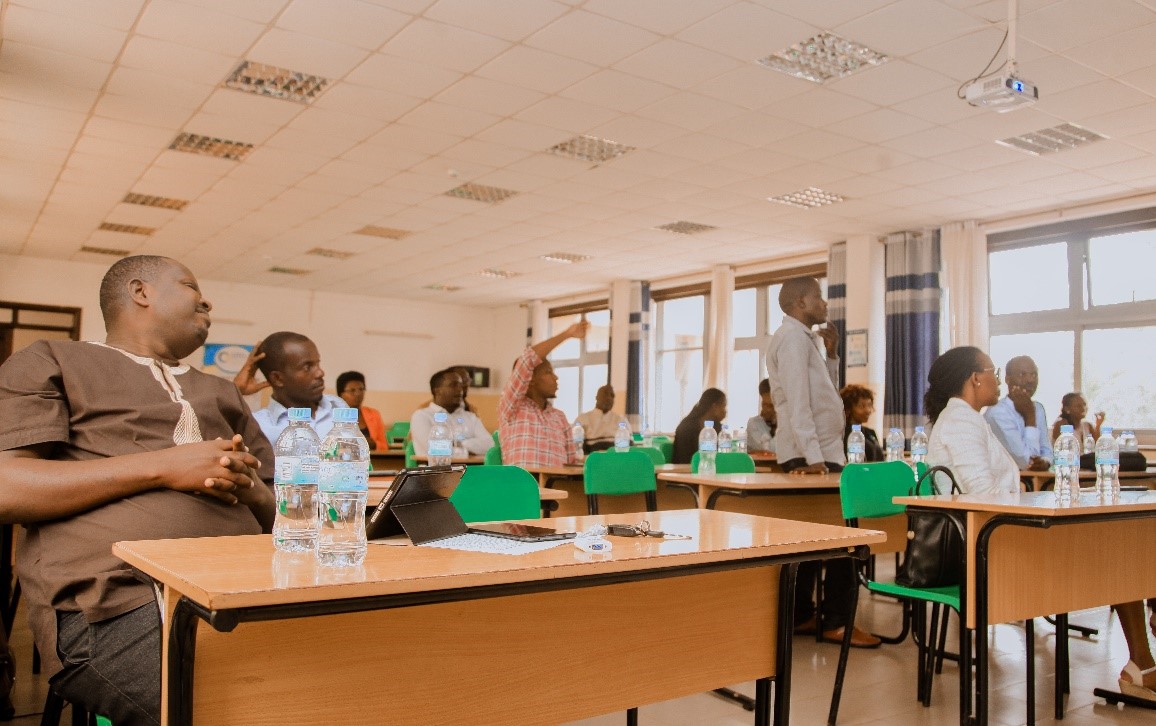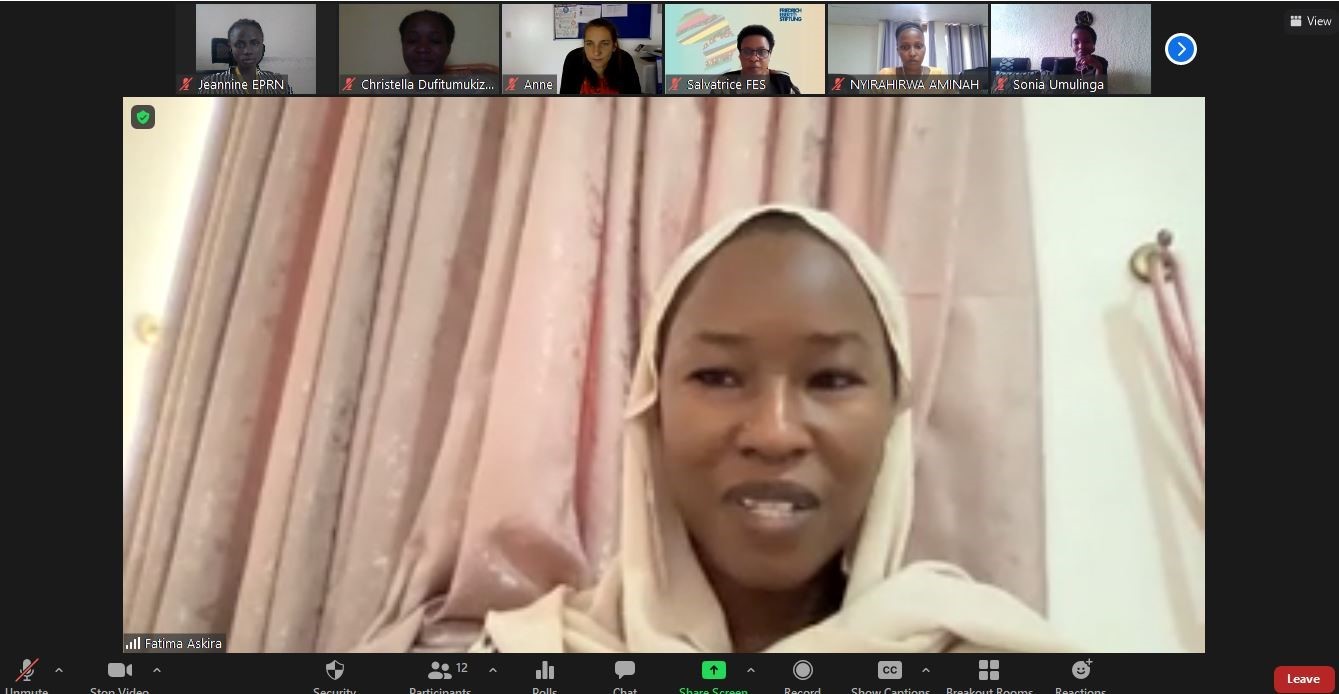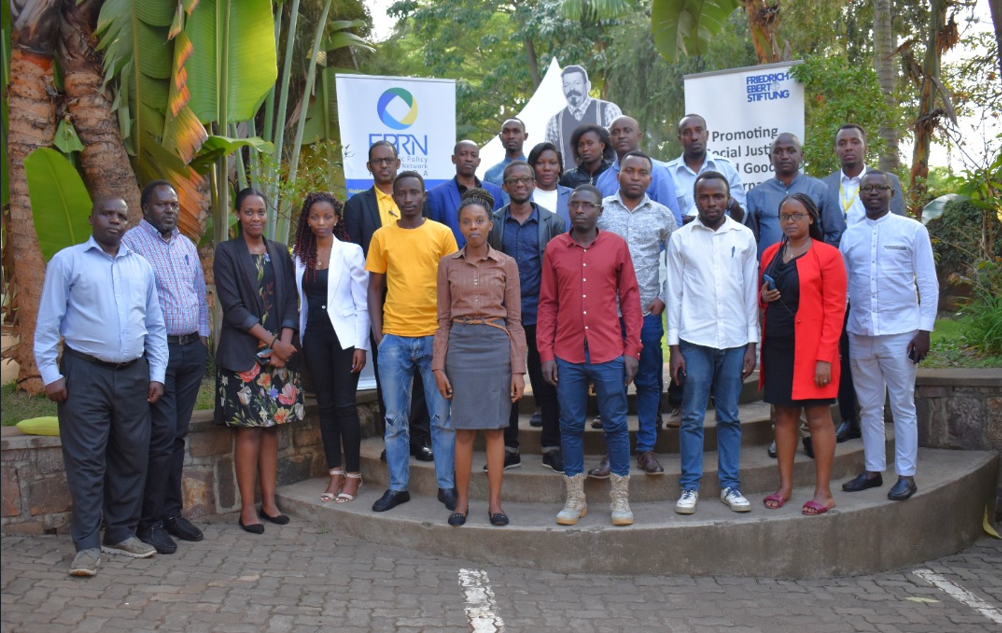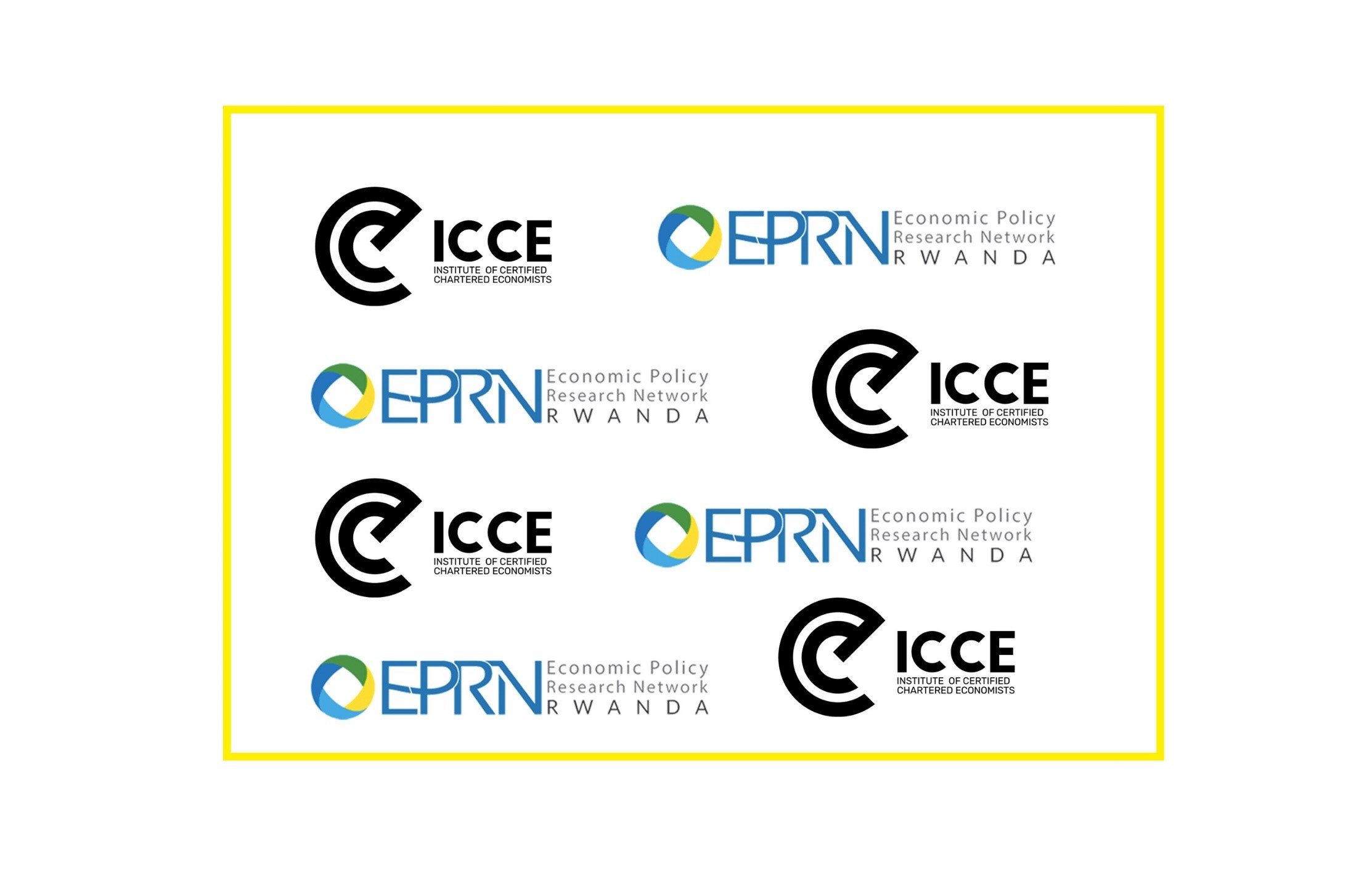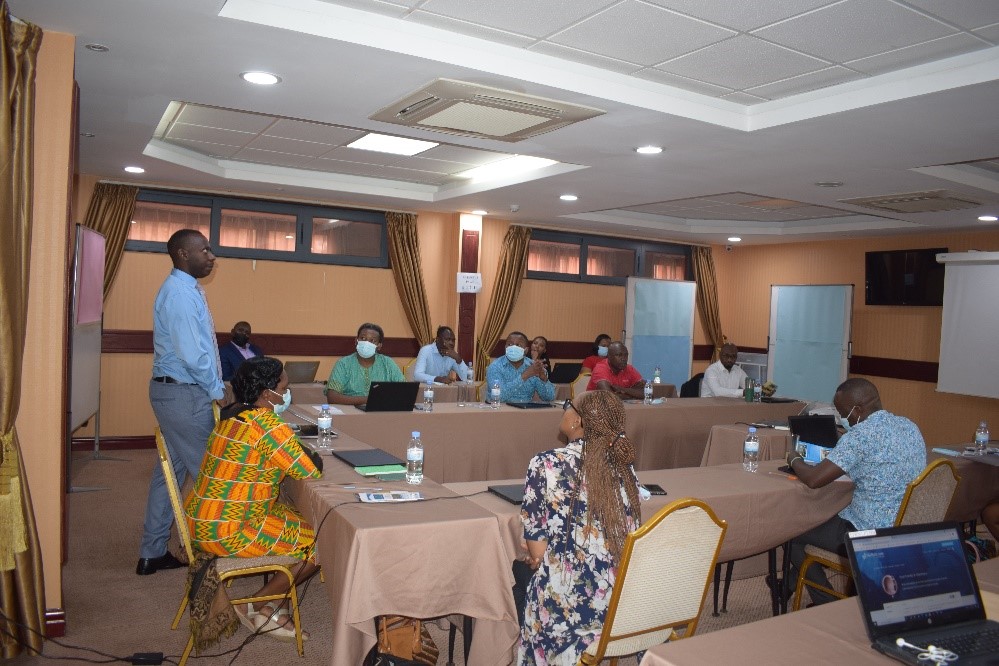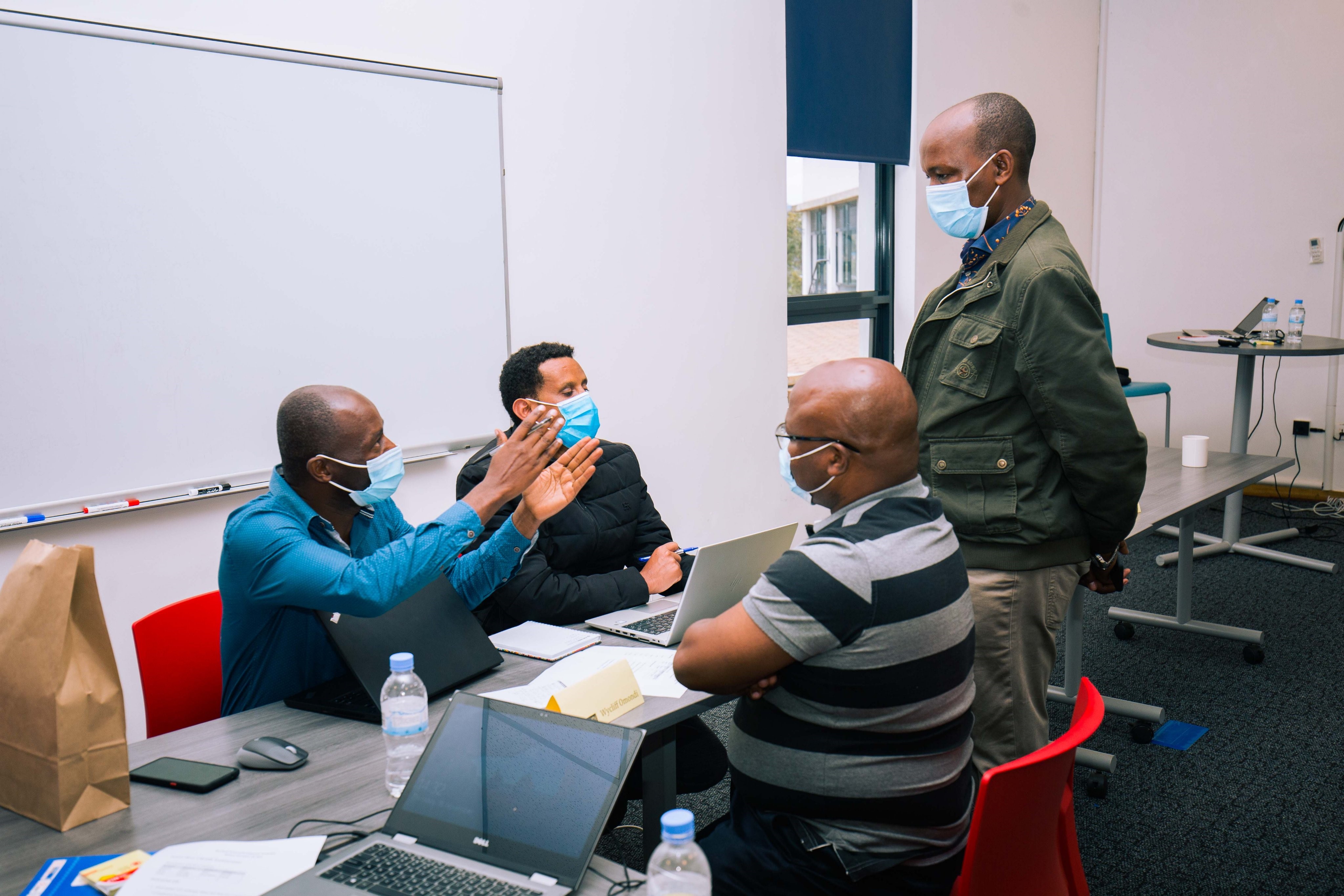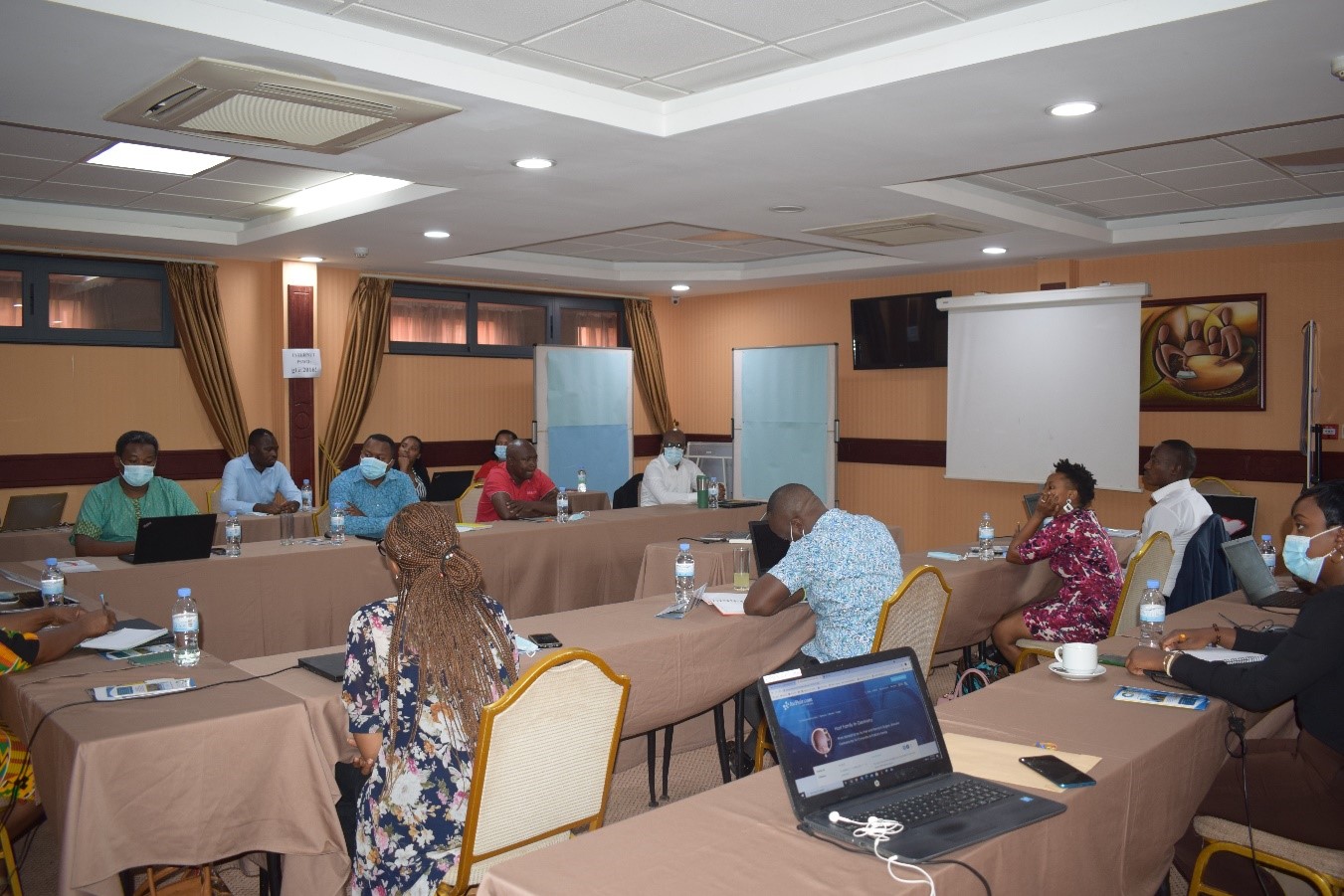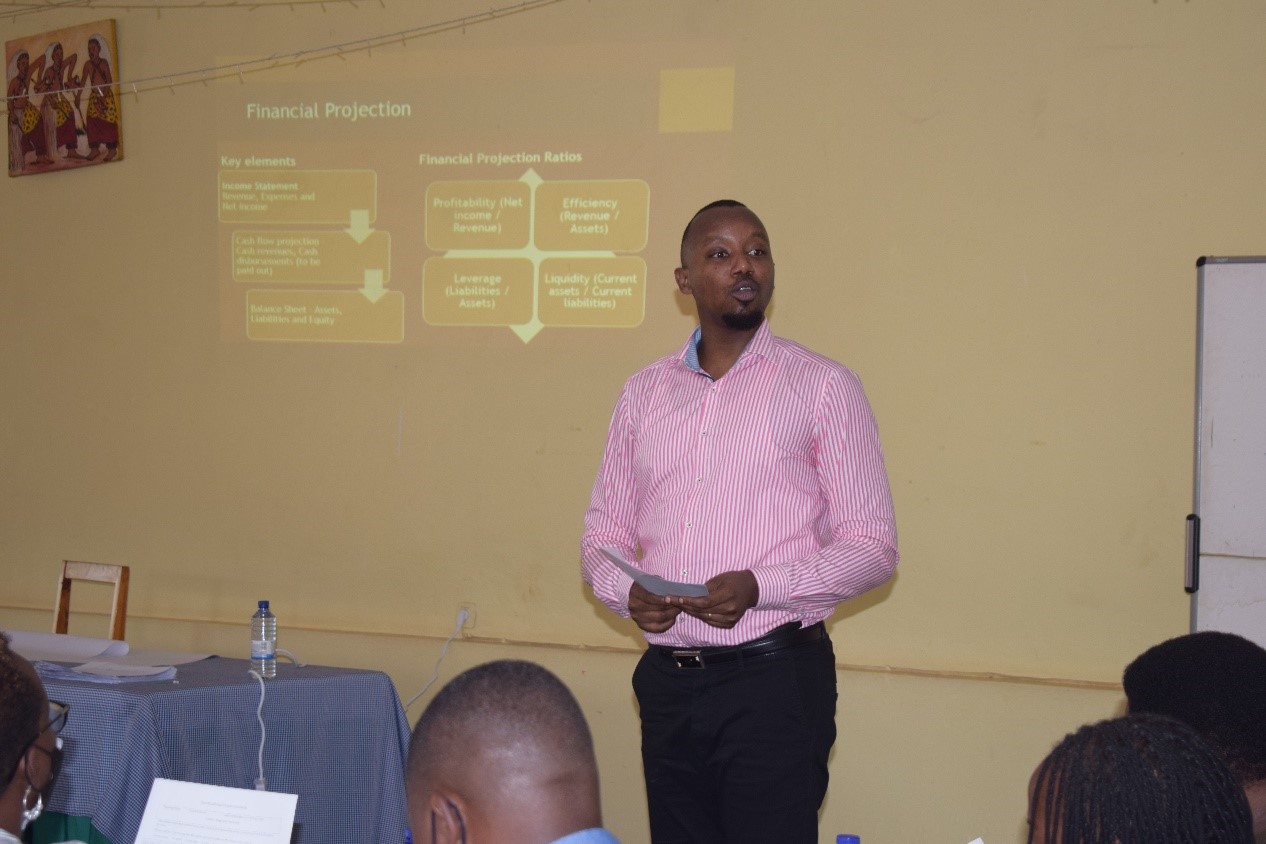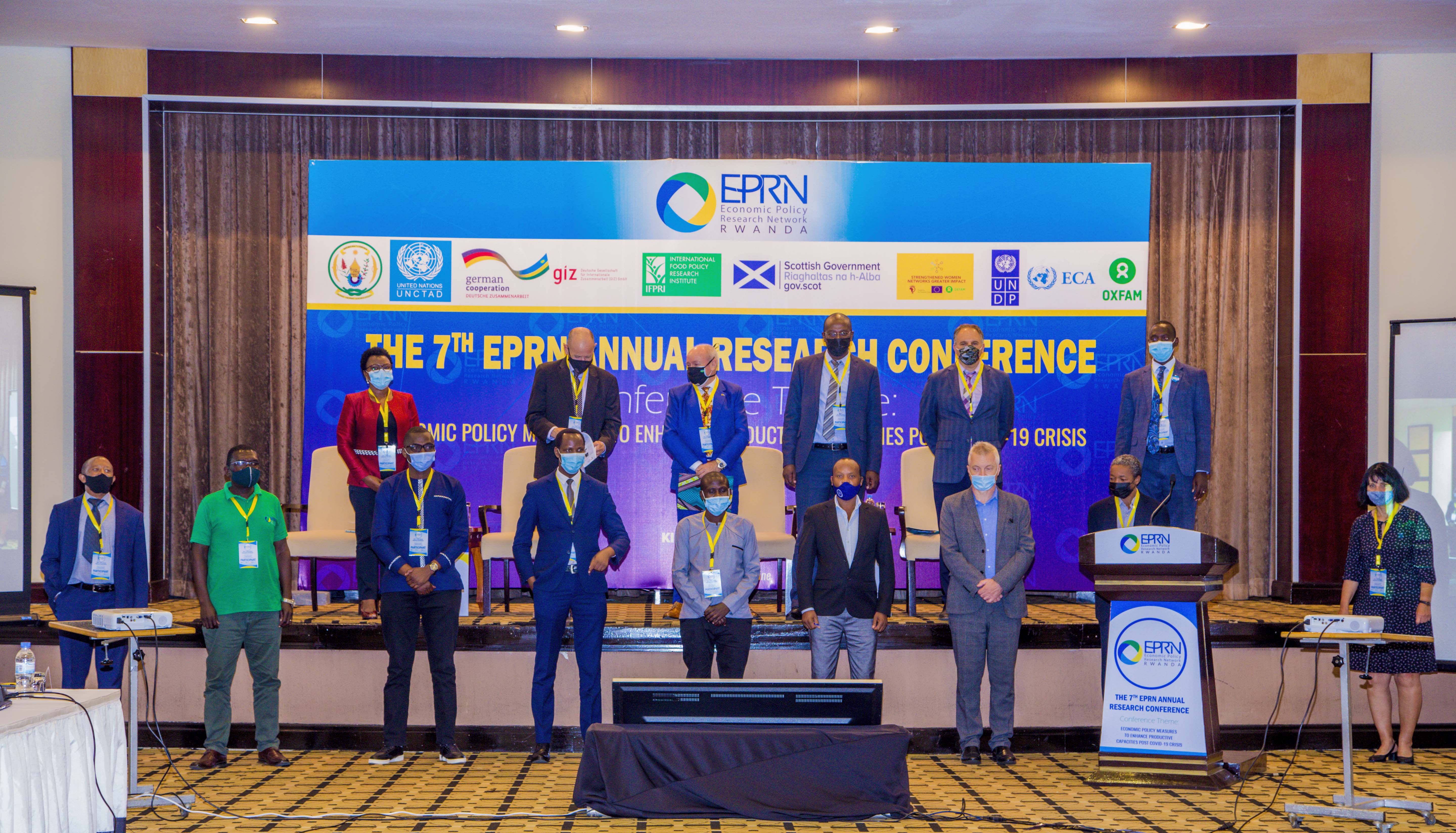ERP in EAC and beyond : What are the different approaches to ensure social protection and sustainable growth ?
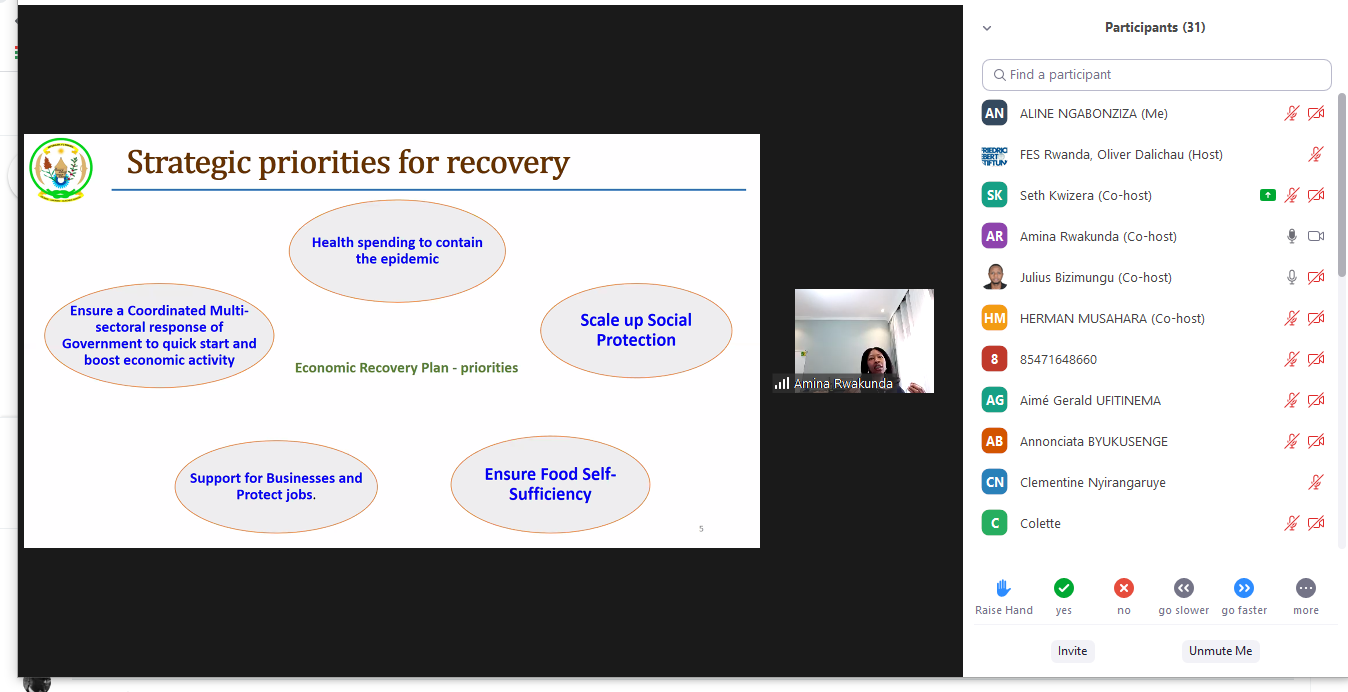
1. Introduction
The Economic Policy Research Network in partnership with Friedrich-Ebert Stiftung (FES Rwanda) organized a digital policy breakfast about Economy and Regional Integration on Friday, 4th September 2020. During this policy debate, participants brainstormed on the topic about “Economic recovery plans in East Africa and beyond : What are the different approaches to ensure social protection and sustainable growth ?”
The idea of the “Digital Policy Breakfast on Economy and Regional Integration” was to :
• link economic questions with Social Protection and Good Governance.
• inform policy makers and journalists on different topics related to Regional Integration and Economy.
• increase the awareness on international debates.
• bring experts together by creating a space to discuss relevant issues and current topics.
• create a well-informed network of policy makers and Rwandan journalists.
This session was attended by over 40 participants from FES and EPRN members, individuals from different public and private institutions like policy makers, universities, civil society and journalists.
During his opening remarks, Mr Claude Muhire, Program coordinator at the FES Rwanda, started by welcoming all participants to the event. He reminded that this is one of the series of sessions which usually are organized for journalists every first Friday of the month. He said these events are organized by EPRN and FES to share information on a selected topic and to guide journalists as they report on news related to regional integration and trade. He invited all participants to actively contribute to discussions to make the session more open and interactive.
2. Event Highlights
Hundreds of conferences and meetings have been cancelled, postponed or moved online because of the COVID-19 pandemic, in this regards this Friday breakfast session was held virtually via zoom, a video conferencing software.
This session was moderated by Mr Julius Bizimungu, a journalist at The Newtimes ; whereas speakers were Ms. Amina Rwakunda, who is a Chief Economist at MINECOFIN and Professor Herman Musahara, a lecture at University of Rwanda. The two speakers are also EPRN senior members.
Presentation by Prof Musahara
Professor Herman Musahara focused on the generalities on COVID-19 recovery plans in East Africa and beyond. He underlined the ranking in COVID-19 cases among top 20 countries in Africa, and indicated the situation (in terms of number of COVID-19 cases and Governments’ interventions) in the EAC region. Prof Musahara indicated that some of the measures include health related measures and economic measures to support restart work/production and safeguard employment, hotel refinancing windows, working capitals, microbusiness windows and guarantee scheme. He however indicated the level of interventions vary from country to country depending on how the country management perceives the pandemic. Professor Musahara, concluded the presentation with some questions to guide audience discussions like :
• Which lessons pertaining to COVID-19 do we have at this stage for regional integration ? Are concerns common and shared or is it an individual/national question ?
• Do you see best practices that can be replicated or regional challenges that need to be addressed for the times ahead ?
• What is the role of nations, households or individuals in this regard ? What is recommendable ?
• Are international partnerships (RECs, multilateral, bilateral, INGOs) working well on the COVID-19 pandemic responses ?
Presentation by Ms Amina
A second presentation was delivered by Ms Amina Rwankunda and focused on Rwanda Economic Recovery Plan - priorities. Ms Amina said that since the end of the lockdown, Rwanda observed a pick-up in economic activity, although still timid. But the evolution of the index in coming weeks should tell us more about the economic recovery.
One of the measures to recover the economy include the Economic Recovery Fund. The objective of the Fund is to support the recovery of businesses hardest hit by COVID-19 so that they can survive, resume operations and safeguard employment, thereby cushioning the economic effects of the pandemic. The Fund will be deployed by the Central Bank to commercial banks, microfinance institutions and SACCOs who will then lend to eligible businesses. Eligible businesses will have to demonstrate the negative impact of COVID-19 on their operations, that they were commercially viable prior to the pandemic, and that they can return to viability, preserve jobs and contribute to the recovery of the economy.
Ms Amina highlighted the priorities of the Economic Recovery Plan as follows :
- Ensure a Coordinated Multi-sectoral response of Government to quick start and boost economic activity
- Health spending to contain the epidemic
- Scale up Social Protection
- Ensure Food Self-Sufficiency
- Support for Businesses and Protect jobs.
She concluded the presentation with a number of questions to stimulate reactions and comments of the audience.
3. Conclusion
During his conclusion remarks, Mr. Seth Kwizera, EPRN Coordinator, thanked all participants for their time and contribution to discussions. He specifically commended speakers for the shared information and knowledge on the subject matter. He promised that EPRN Rwanda in collaboration with FES Rwanda will continue organizing similar sessions to enhance the culture of policy debating and advocacy through series of Friday Breakfast Sessions and other forms of dialogues.
4. Presentations
ECONOMIC RECOVERY PLANS IN EAST AFRICA AND BEYOND:SOCIAL PROTECTION AND SUSTAINABLE GROWTH
By Prof. Herman Musahara
ECONOMIC RECOVERY PLAN : MITIGATING IMPACT OF COVID-19 IN RWANDA
By Ms Amina Rwankunda





